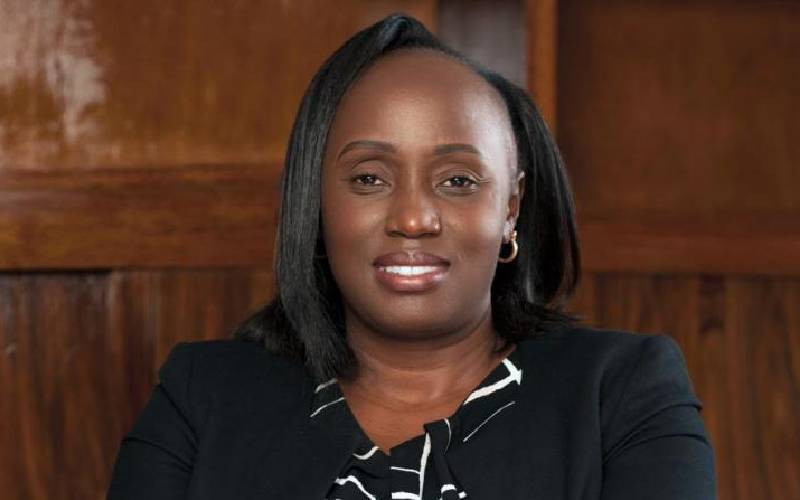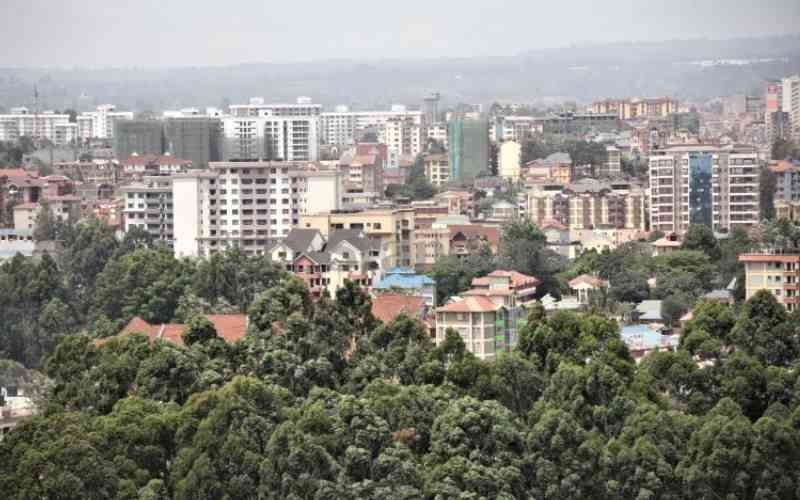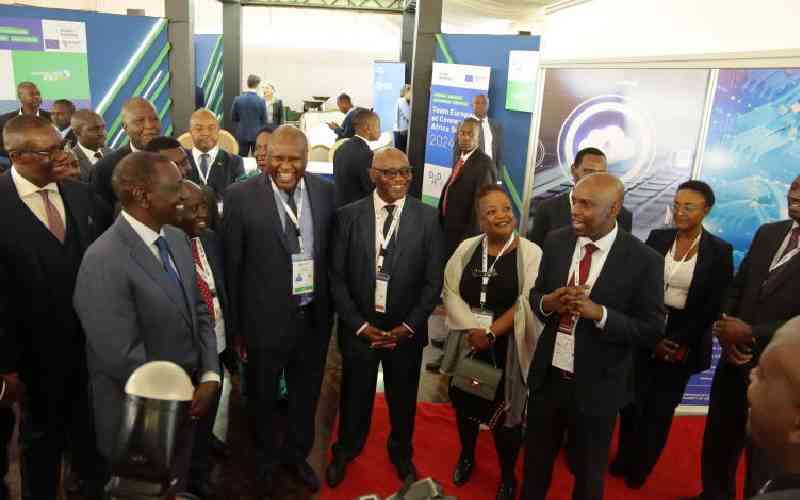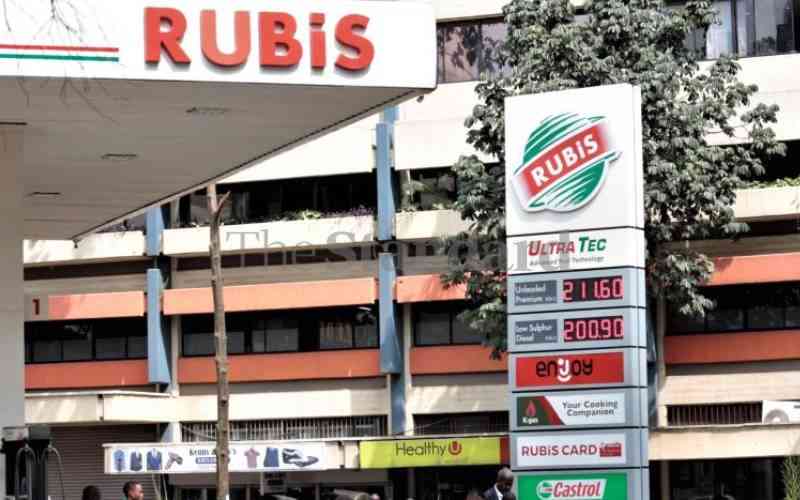By Alex Ndegwa
Two years ago this week, President Kibaki and Prime Minister Raila Odinga unveiled a 40-member Grand Coalition Cabinet whose members would incidentally become architects of ‘grand corruption’.
From the maize scandal, Triton scam, Free Primary Education funds theft, corruption in the water sector and recently the dubious purchase of cemetery land, it has been business as usual in raiding public coffers.
Three months into the tenure of the Coalition Cabinet, Parliament passed a censure Motion against then Finance Minister Amos Kimunya, and demanded his immediate resignation over the controversial sale of the Grand Regency Hotel, now Laicos Hotel.
Kimunya quit to pave the way for investigations into the sale and he was reappointed in January last year, after an inquiry cleared him.
But a probe report prepared in November 2008 by retired Chief Justice Majid Cockar-led commission into the controversial sale of the hotel to Libyans is yet to be made public.
In late 2008, the Government instituted measures to tackle biting famine that was abused by profiteers in the so-called ‘maize scam’.
At the time, the country was experiencing a severe maize shortage due to poor harvest and destruction of close to 3.5 million bags of maize during post-election violence.
The country’s Strategic Grain Reserve held inadequate stocks and as the maize shortage worsened, prices of maize flour soared, prompting public outrage.
Responding to popular anger in October 2008, the Government directed National Cereals and Produce Board to import three million bags of maize to ease the shortage.
The maize was to be sold to millers at subsidised prices to bring down the price of maize flour. Hundreds of metric tonnes of maize were imported but contrary to intended policy expectations, brokers who enjoyed political patronage turned the programme into a money-minting scheme.
Africa Centre for Open Governance noted companies and individuals, who were either not millers or had no milling capacity, obtained allocations riding on political patronage.
These brokers subsequently sold the maize off to genuine millers at exorbitant prices hence defeating the purpose of the programme. Conservative estimates indicated Sh3.6 billion was lost but the World Bank said the scheme cost the taxpayer Sh23 billion. The scam kicked up a storm that climaxed on February 19, last year, in Parliament where Agriculture Minister William Ruto survived a censure Motion.
As the granaries were being irregularly emptied, some similar frenzy involving oil was under way in January at Kenya Pipeline Company. KPC released millions of litres of petroleum held in trust on behalf of financiers and international traders to the troubled Triton Oil Company in what became the multi-billion shillings ‘Triton scandal.’
The scandal left several leading international companies involved in financing oil imports as well as the Kenya Commercial Bank, who had all financed Triton to import the oil, at risk of losing a whopping Sh7.6 billion ($98.7 million).
The collateral financing system had been introduced to allow independent players who could not import commercially viable quantities, but with the collusion of unscrupulous officials, it had become a cash cow.
After a short break, the maize saga resurfaced in May when a parliamentary report by MP John Mututho-led Agriculture Committee recommended further investigations.
But Prime Minister Raila Odinga fought back saying: "These allegations around maize are being pushed by corruption cartels that see the Prime Minister as stopping them from dipping their way into the granary."
Eventually on May 15, Parliament in a session with 15 MPs trashed the parliamentary report terming it malicious and aimed at settling political scores.
Last December, the Ministry of Education was thrown into a crisis after UK officials suspended funding, citing the loss of about Sh100 million meant to fund free primary education.
A month earlier, the National Water Conservation and Pipeline Corporation board had been dissolved in the wake of corruption allegations and concerns irregularities had sunk the firm in a Sh750 million debt.
The water scam, however, was eclipsed by the attention drawn to the FPE scandal as the US Government, too, withdrew $7 million (Sh538 million) in aid to the embattled ministry until those implicated in the theft are prosecuted.
The money was looted in inflated expenses and payments for fictitious workshops. The UK Government has since stated the Government would not touch a single coin of the Sh2.3 billion lined up this month. The money would be channelled through agencies "outside of Government channels". Raila joined growing calls for Education Minister Sam Ongeri and PS Karega Mutahi to step aside over missing Free Primary Education funds.
But a groundswell erupted in the Premier’s own office in February, as the ghost of the maize scam stirred following a leaked report from an independent probe by an international audit firm.
Fictitious companies
The PricewaterhouseCoopers audit report, which exposed how fictitious companies raked in millions of shillings and was extensively covered in the media on February 10, named top officials, including two in the PM’s office, PS Mohamed Isahakia and Administrative secretary Caroli Omondi.
Its release triggered a chain of events that culminated in a standoff in Government between the coalition partners. It began on the morning of February 13 when Isahakia and Omondi resigned, at the Raila’s directive, to allow for investigations.
But that evening President Kibaki announced the suspensions of several top officials, including the two, pending further investigations into their roles in the maize and FPE scams.
The following day Raila announced the suspensions of Ruto and Ongeri over maize and FPE scandals, but that evening the President lifted the suspensions terming the PM’s action illegal.
This triggered a standoff that made it impossible to hold regular Cabinet meetings.
But it is the outrageous cemetery scandal in which City Hall bought 120 acres of land worth Sh24 million for Sh259 million that showed corruption cartels have become bolder and greedier.
A KACC probe report gave a detailed flow chart on how the conspiracy to defraud taxpayer was allegedly plotted and how the loot was shared out among public servants and lawyers involved in the shady deal. President Kibaki interdicted Local Government PS Sammy Kirui and 12 senior officials to pave the way for investigations.
A damning parliamentary report by the departmental committee on Local Authorities, which recommends Deputy Prime Minister Musalia Mudavadi steps aside pending investigations into the scandal, is due to be debated in Parliament.
Mudavadi has since claimed innocence, blamed the cemetery scandal on politics, citing KACC’s conduct.
Instead of reporting its investigations to the Attorney General for possible prosecution as Anti-Corruption and Economic Crimes Act 2003 requires, it was sent to the Prime Minister and the Head of the Civil Service Francis Muthaura.
 The Standard Group Plc is a multi-media organization with investments in media
platforms spanning newspaper print operations, television, radio broadcasting,
digital and online services. The Standard Group is recognized as a leading
multi-media house in Kenya with a key influence in matters of national and
international interest.
The Standard Group Plc is a multi-media organization with investments in media
platforms spanning newspaper print operations, television, radio broadcasting,
digital and online services. The Standard Group is recognized as a leading
multi-media house in Kenya with a key influence in matters of national and
international interest.
 The Standard Group Plc is a multi-media organization with investments in media
platforms spanning newspaper print operations, television, radio broadcasting,
digital and online services. The Standard Group is recognized as a leading
multi-media house in Kenya with a key influence in matters of national and
international interest.
The Standard Group Plc is a multi-media organization with investments in media
platforms spanning newspaper print operations, television, radio broadcasting,
digital and online services. The Standard Group is recognized as a leading
multi-media house in Kenya with a key influence in matters of national and
international interest.









